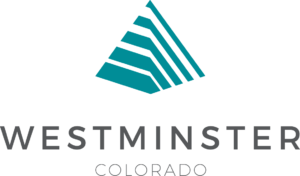If you’re thinking about applying for a small business loan from the U.S. government’s $2 trillion stimulus package, we’ve got the latest details on what you need to know.
On Tuesday night, the Treasury Department released new information about two of the planned loan types: the Paycheck Protection Program and economic injury disaster loans. Inc. staff writer Kevin J. Ryan and Inc.com columnist Ami Kassar, a small-business loans expert and founder of lending advisory firm MultiFunding, quickly dug into the details–and found some pretty significant changes and clarifications. Here are just a few examples:
- – The programs now have application dates. Small businesses and sole proprietors can apply for the loans beginning April 3. Independent contractors and self-employed individuals can apply April 10.
- – Under the Paycheck Protection Program, in which you could have parts of your loan forgiven, it’s now anticipated that you’ll be required to use at least 75 percent of your loan specifically for payroll expenses.
- – Venture-backed startups may not be eligible for the Paycheck Protection Program, a development that has prompted lobbying and regulatory efforts by the National Venture Capital Association.
- – There’s more, too–so read Ryan’s story for the full lowdown.
- – Meanwhile, keep your wits about you: the massive loan program is expected to attract scammers. On Thursday, Inc. web producer Brit Morse spoke with security and funding experts (including the aforementioned Kassar) who noted that if you’re seeking one of these loans, you’re a prime target. “We’re talking $10 to $20 billion of fraud from this SBA program,” Hicham Oudghiri, co-founder and CEO of data analytics and fraud detection company Enigma, estimates.
Morse’s story is full of useful tips about how to avoid those those scams. Here’s one that caught my eye: Don’t pay a cent to anybody. “If someone or some entity says they can get you a loan faster for a fee, don’t buy it,” Morse wrote. “Loans under the new CARES Act are set up so that business owners will not have to pay any kind of related fees–this includes application fees, package fees, and closing fees, says Kassar.”
For more guidance, check out the rest of her story. Being aware of scammers and their playbooks could be crucial to your company’s short-term and long-term survival.
